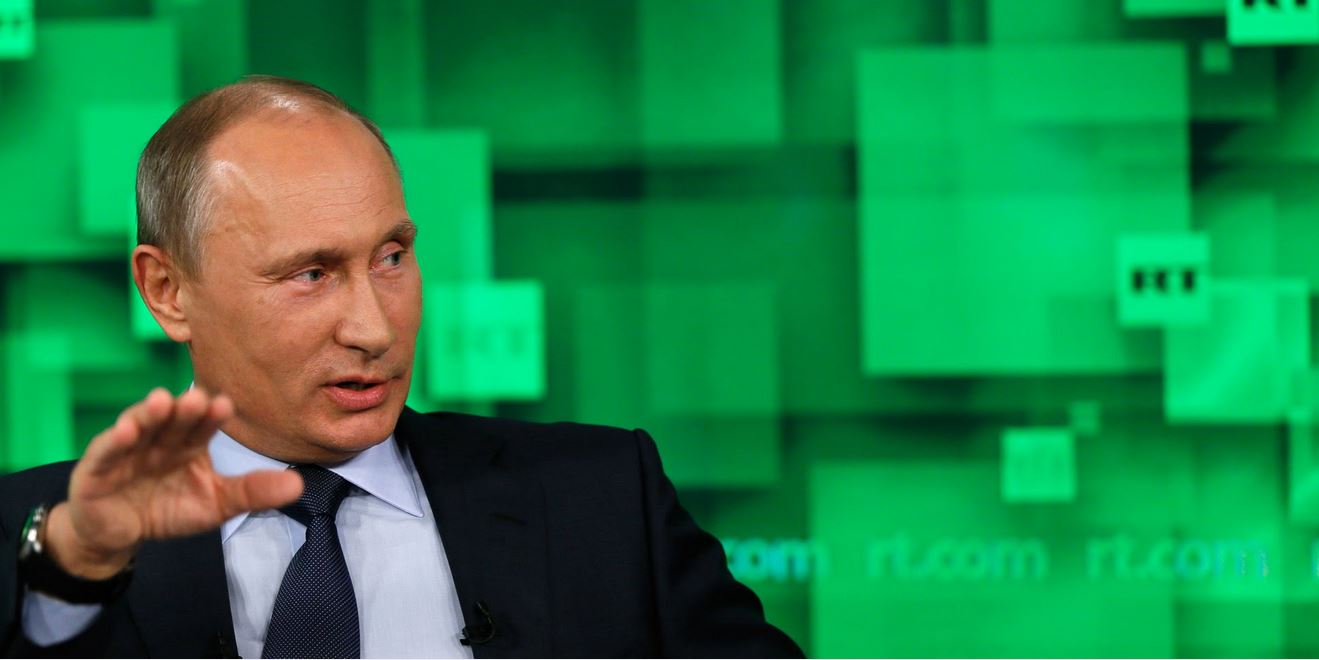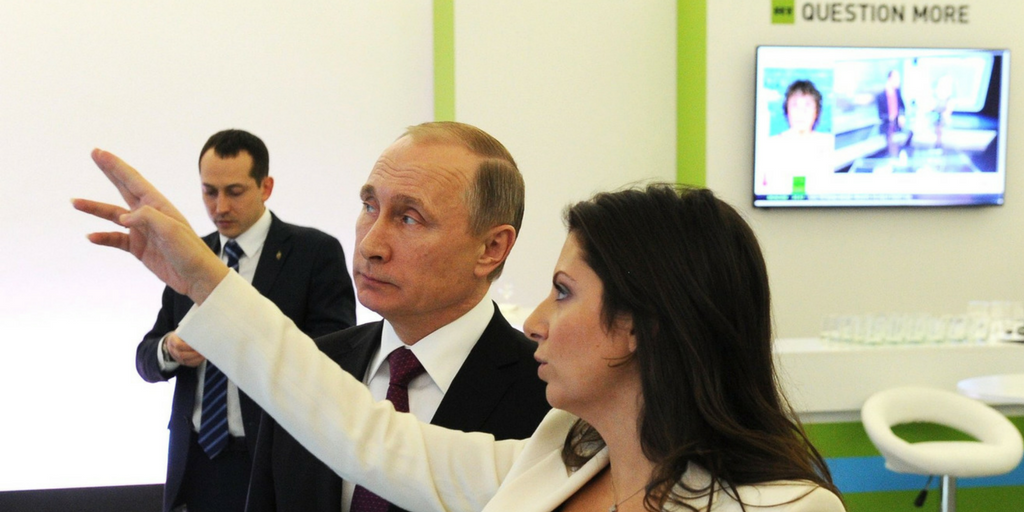
“Since the events in Salisbury, we have observed a significant increase in the number of programmes on the RT service that warrant investigation as potential breaches of the Ofcom Broadcasting Code”, the British media regulator, Ofcom, said in a statement issued on Wednesday, 18 April. In a fact sheet attached to the statement titled “Update on the RT Service”, Ofcom explained that “ultimately, we may decide that the licence should be revoked because the licensee is not fit and proper, on broadcasting compliance grounds”.
What did RT do wrong?
Whether or not Ofcom finds that RT (Russia Today) has been in breach of the Broadcasting Code is yet to be seen; that depends on the outcome of the investigation. But DFRLab’s Kremlin propaganda experts have already now published an extensive account of the case, including analysis of the broadcasts that have caught Ofcom’s negative attention.

Ofcom is the UK government-approved regulatory and competition authority for the broadcasting, telecommunications and postal industries of the UK.
A dominating feature in these broadcasts is RT’s use of the interview format in which a single interviewee simply confirms suggestions made by the interviewer. This means that fixed political claims – for example a claim suggesting that the British government could itself be behind the nerve agent attack on ex-spy Sergei Skripal – are unchallenged. Similarly, claims voiced by a presenter that “the US-led attack on Syria is a gross violation of international law” and that “Western publics still have not been presented with evidence that the Syrian state used any chemical weapons” remain unchallenged by interviewees in the programme in question.
RT’s violations are tied to Russian’s foreign policy
Ofcom has already on 15 different occasions found that RT has been in violation of standards; these include cases when Ofcom RT’s coverage has been labeled “materially misleading”. Also, the seven new cases come on top of a number of similar investigations of RT broadcasts which are still open and subject to Ofcom’s scrutiny. Importantly, Ofcom notes that “the majority of [RT’s] breaches, and both of the more serious breaches, were in programming relating to Russia’s foreign policy and related to the requirement for due impartiality. The breaches related to programmes about Libya (2011, 2012), Syria (2012, 2013 and 2014), Ukraine (2014), Turkey (2016) and NATO (2016)”. This identification of RT’s output as tied to the sharp end of Russia’s policies, rather than to a soft power agenda, echoes statements made by RT’s chief editor, Margarita Simonyan, about RT being “like a defence ministry”.

RT chief editor Margarita Simonyan gives President Putin a tour of the newsroom, which she says is like “a defence ministry“. Image: Wikimedia Commons
The pro-Kremlin spin
RT reacted to the news about Ofcom’s investigation with a denial, stating that “our editorial approach has not changed since the events in Salisbury”. The Russian Embassy in London added a layer of victimisation to RT’s line, claiming that Ofcom’s initiative was a case of “targeted scrutiny, directed at one particular news organization and regarding one particular issue, [that] amounts to pressure against this specific broadcaster”.
The Russian Embassy also tried to push a parallel narrative with a potentially positive spin for RT when it noted that “contrary to claims of many UK politicians and media rivals, [Ofcom] acknowledges that ‘[RT’s] overall compliance record has not been materially out of line with other broadcasters’”.
Does RT qualify as journalism?
Does this last point mean that RT is in fact not much different from the average broadcaster licensed by Ofcom? DRFLab’s Ben Nimmo underlines in his analysis that “this defence misses a crucial nuance: in terms of journalism, the relevant articles of the Broadcasting Code are Sections Two (harm and offense, including materially misleading the audience) and Five (due accuracy and impartiality). When it comes to those two articles, which are the essence of journalism, British broadcasters have maintained a low level of violations. The findings against them have tended to cover other areas, such as the inappropriate use of bad language when children may be watching”.
In other words, Ofcom’s criticism of RT is in fact quite serious and in contrast to the Embassy’s spin: Ofcom’s rulings against RT have addressed standards fundamental to journalistic practice, ultimately raising the question whether RT’s output can qualify as journalism. If Ofcom’s investigation will confirm that RT deviates substantially from good journalistic practices, it would echo an often quoted statement by French President Emmanuel Macron, in which he said that “Russia Today and Sputnik did not behave [during the French Presidential election campaign] as media organisations and journalists, but as agencies of influence and propaganda, lying propaganda – no more, no less.”




